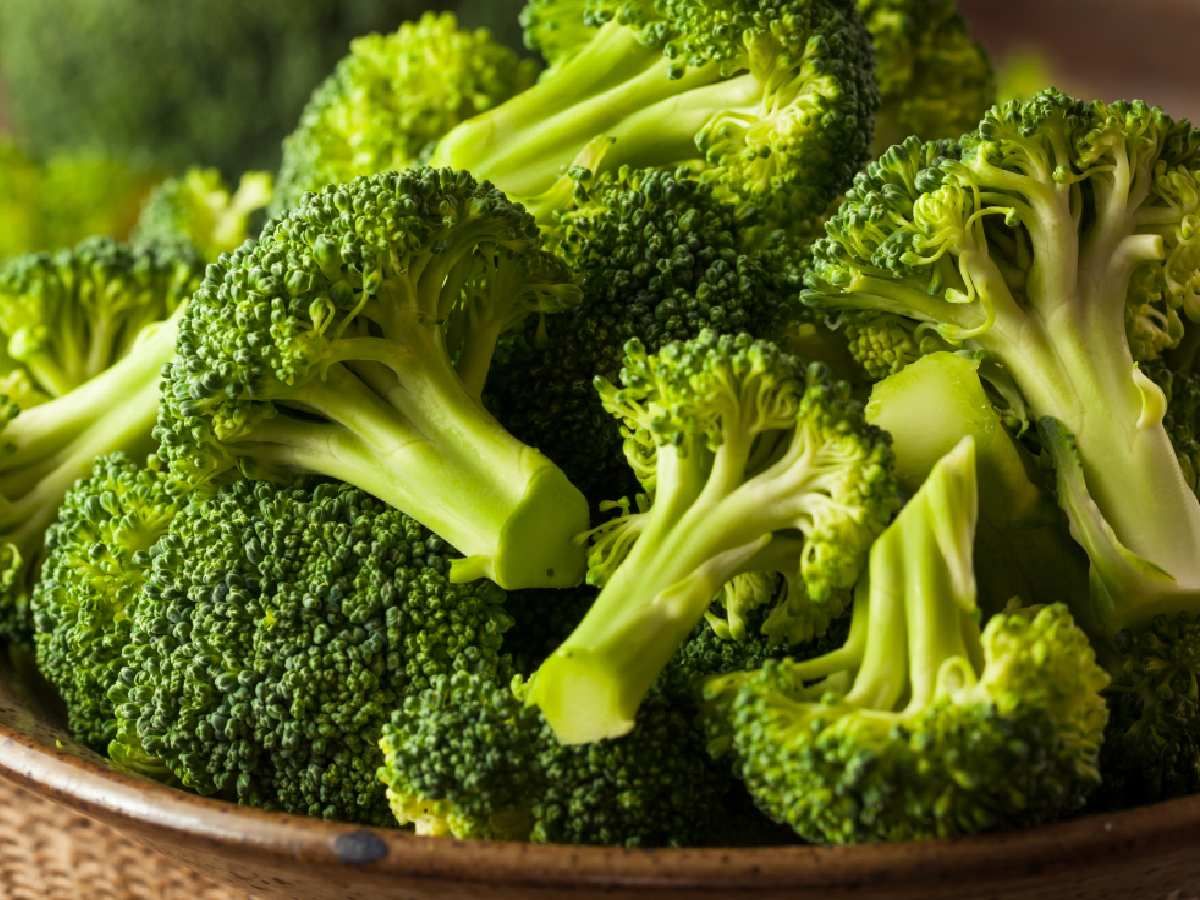Broccoli enjoys its reputation as a nutritional powerhouse packed with fiber, vitamins, and antioxidants but even this green “superfood” can have some lesser-known side effects you should be aware of before your next healthy meal.
Digestive Issues: One of the most common side effects is digestive discomfort, including gas, bloating, and cramping. Broccoli is high in raffinose, a sugar that isn’t fully digested in the human gut and instead ferments in the large intestine, producing gas. This is especially concerning for individuals with irritable bowel syndrome (IBS) or sensitive stomachs, as it may exacerbate symptoms.
Thyroid Interference: Broccoli contains goitrogens compounds that can interfere with iodine uptake, potentially disturbing thyroid hormone production. For healthy individuals this isn’t a problem, but people with thyroid disorders like hypothyroidism should avoid eating excessive amounts of raw broccoli. Cooking helps deactivate many goitrogenic compounds, making cooked broccoli a safer choice for those at risk.
Vitamin K and Medication Interactions: Broccoli is rich in vitamin K, which promotes blood clotting. This can counteract blood-thinning medications such as warfarin, so anyone on these medications should maintain a consistent intake and consult their healthcare provider.
Mineral Absorption: Compounds like oxalates and phytates in broccoli can bind minerals including calcium and iron reducing their absorption. In moderation this isn’t an issue, but excessive raw broccoli could contribute to minor deficiencies, particularly in those already prone to low mineral levels.
Rare Allergic Reactions: Though uncommon, broccoli can cause allergic reactions or skin irritation, especially in sensitive individuals who handle or eat it raw.
Enjoy broccoli in moderation, preferably cooked, and consult your healthcare provider if you have thyroid conditions, digestive sensitivities, or take blood thinners. As with all foods, balance is key to maximizing benefits while minimizing unexpected risks.
This article is for informational purposes only and should not be considered medical advice. Always consult a healthcare professional before making significant changes to your diet, especially if you have existing health conditions.
Vani Verma is a content writer with over 2 years of experience in lifestyle, entertainment, health and digital media. She has a knack for creating engaging and research-driven content that resonates with readers, blending creativity with clarity. Passionate about media trends, culture, and storytelling, she strives to craft content that informs, inspires, and connects.







